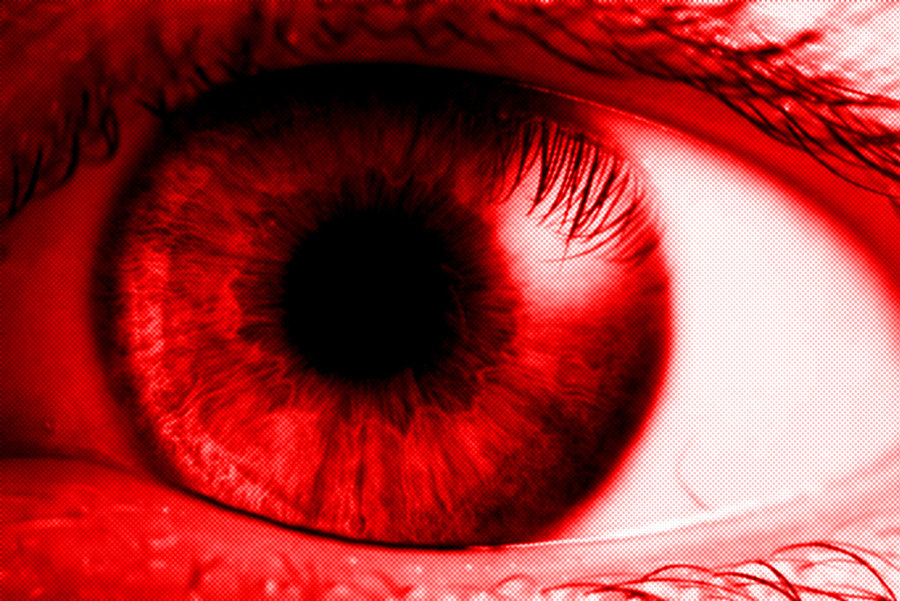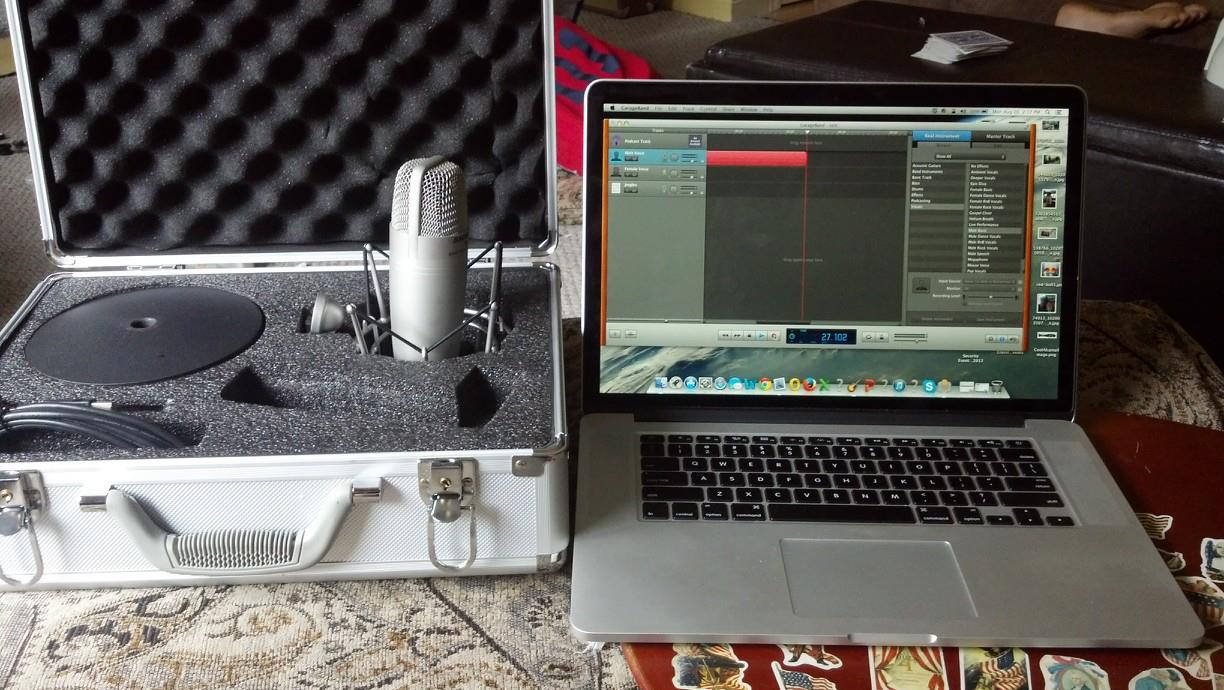People in my industry love the word drama. The word is tossed out like Tootsie Rolls at a holiday parade. In my opinion, the word is used a bit too much, especially in the month or two before the DEF CON hacker conference in Las Vegas.
Mood music:
Each year, someone suggests there’s sexism at the conference, and someone responds by yelling “Drama!” Each year, someone complains about an overabundance of drunken debauchery and someone else cries “Drama!” This year, I saw the word floating around because some spouses have a group called H(a)ck3rWives, designed to help “spouses, kids, parents, supporters in general everywhere decode their hackers and come together.” In this case, the drama appears to be that some spouses feel a support network is needed in the first place.
Personally, I don’t see these things as drama.
If some people want to network and their common bond is that their loved ones are away at hacker conferences all the time, good for them. If it helps, more power to them. If someone sees sexism or drunken disturbances and wants them dealt with, have at it.
Most people can handle their booze at these events, and most treat the opposite sex with the appropriate respect. But there are usually one or three who cause trouble. In those cases, it’s reasonable if people complain and demand action.
Good people can and certainly will disagree with me on those points. That’s not drama, either. It’s part of a healthy discussion.
To be fair, ours is a community with many colorful personalities. When strong personalities debate and disagree, it’s easy to see the situation as dramatic, even if the issues they discuss aren’t dramatic in the true sense of the word.
I’m looking forward to DEF CON next month. I’ll network, spread the good word for my company, blog and podcast about the talks and hopefully walk away smarter than when I arrived.
Those aren’t dramatic things, but they’ll do just fine.




